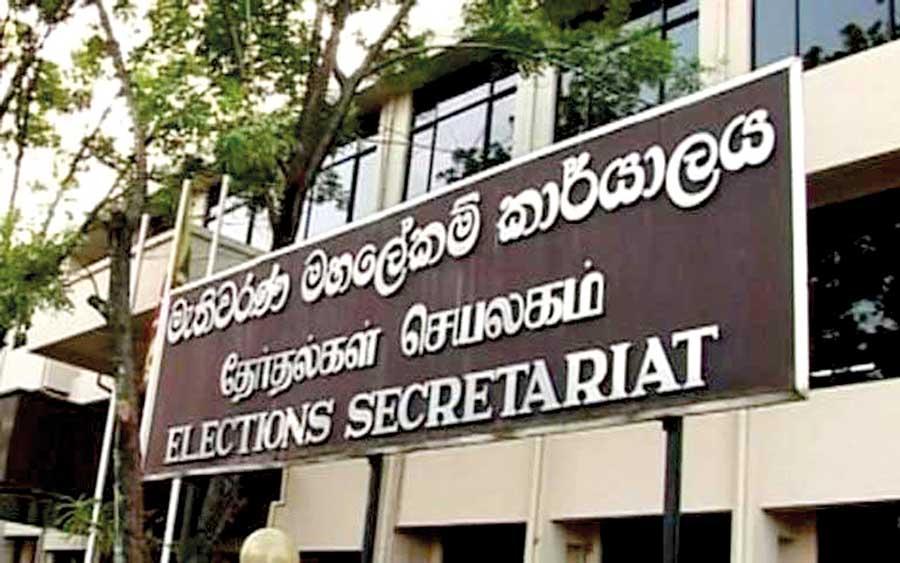
The COVID-19 outbreak has affected the everyday lives of people, including those of politicians. With public health concerns increasing, questions are being raised about holding national elections amid the coronavirus spread. Although nomination papers have been signed, candidates contesting the upcoming Parliamentary Elections will be hampered in running their campaigns and holding public meetings, until the crisis subsides. While some leaders have called for elections to be postponed, many ruling party members want the polls to be held as planned on 25 April and have vowed to win a resounding majority. In this backdrop, Daily Mirror spoke to academics and civil society members to gather their opinions on holding a national election amid the COVID-19 crisis.
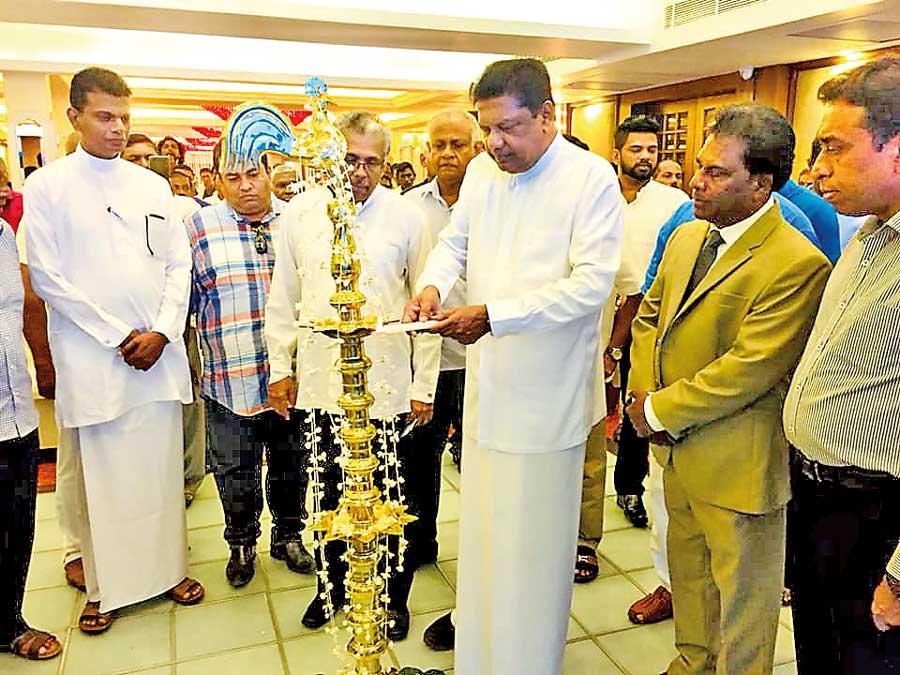
Minister Kumara Welgama formed Nawa Lanka Nidahas Pakshaya to contest forthcoming General Elections.

“Can consider postponing polls” – Pakiasothy Saranavamuttu
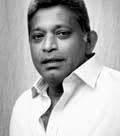
Executive Director of the Centre for Policy Alternatives (CPA) Dr. Pakiasothy Saranavamuttu said parliament could continue its full term till August this year. “If there’s an emergency like what we are experiencing right now, then they can consider postponing the elections. What they shouldn’t do is cancel the elections,” he said.
“Public safety is paramount” – Asoka Obeyesekere
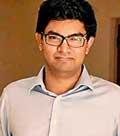
Executive Director of Transparency International Sri Lanka (TISL) Asoka Obeyesekere said without doubt public safety was of paramount importance. “Public meetings will continue only after there is a clear statement that public health risks are minimal. What is difficult to speculate is how much time these candidates would have for their campaigns. We have no clarity as to whether the prevailing situation would de-escalate before 25 April,” he said.
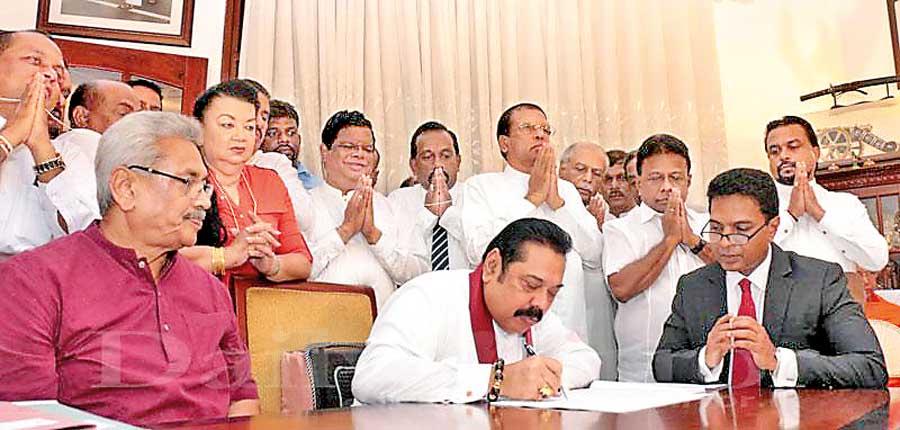
Prime Minister Mahinda Rajapaksa signed nomination papers at his official residence recently and announced that he would contest from the Kurunegala electorate.
“Some issues need to be balanced out” – Camena Gunaratne 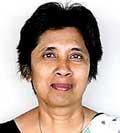
Prof. Camena Gunaratne of the Open University said there were a few issues that needed to be balanced out. “On the one hand, we need an election because parliament has been dissolved. On the other, political parties have a right to campaign and allow people to make an informed choice. We also need the next parliament to start working as soon as possible. Above all, public safety needs to be considered. Therefore they may have to consider postponing elections for a while, but it shouldn’t be delayed for too long,” she said.
What is difficult to speculate is how much time these candidates would have for their campaigns
“Democratic process should not succumb to mass paranoia” – Jayadeva Uyangoda
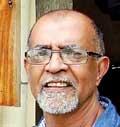
Senior political scientist Prof. Jayadeva Uyangoda said no government should unilaterally postpone a declared election. “If the parties want to postpone the election, it should be for a limited period through a common consensus derived through a discussion among party leaders,” he said. But he did not recommend this, saying, “Political parties should learn to follow the democratic calendar”.
He urged political parties to strengthen public confidence and manage the mass paranoia amid the crisis. “The democratic process should not give into elements that create mass paranoia,” he said, adding that certain groups benefited both financially and politically from such fears.“Voter turnout might fall if the election is held in April. But people who are serious about their democratic rights will nevertheless go out and vote,” he said, adding that considering the COVID-19 outbreak, the intensity of campaigns should be reduced.
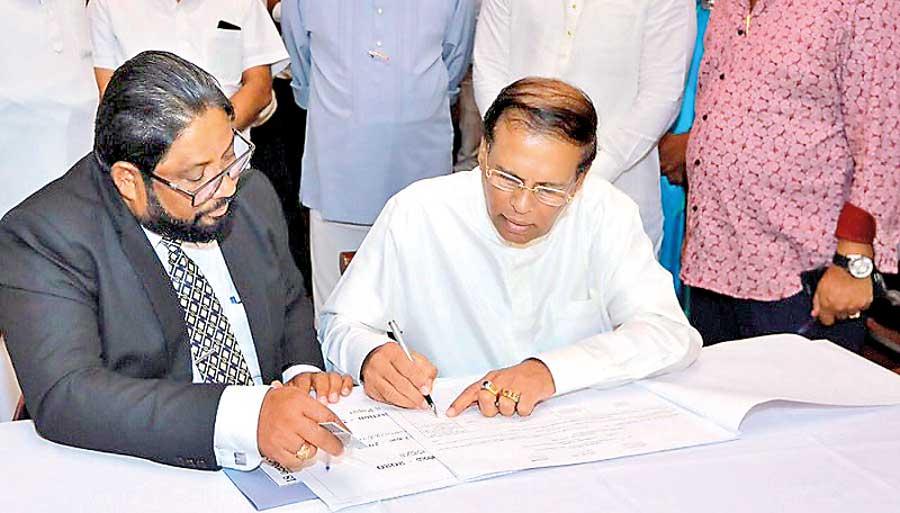
Former President Maithripala Sirisena will be contesting from Polonnaruwa at the forthcoming elections.
“Govt. should consider people’s lives” – Liyanage Amarakeerthi
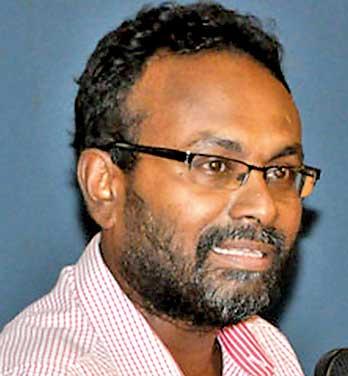
Prof. Liyanage Amarakeerthi of the Peradeniya University said there was a greater need to postpone the elections if current patient numbers increased. “If the government can predict an increase in the number of patients in the coming weeks, there is a greater necessity to postpone the elections,” he said.
He stressed if the government was concerned about national security, it should consider the people’s lives during an epidemic. He said people should be allowed to rally around their leaders and political parties, and public spaces should be secured for this purpose. But he doubted the viability of holding political meetings in the prevailing environment.“Given the culture of party politics in Sri Lanka, people are more used to mass gatherings and campaigns, unlike in western countries where many depend on social media and other information sources,” he said.
“Having an election in the current climate is undemocratic” – Ahilan Kadirgamar 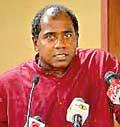
Dr Ahilan Kadirgamar of the Jaffna University called for the election to be postponed as it was an important process that would determine the future of the country for the next five years. He stressed people should have room to debate and discuss political issues, and the current climate was not conducive to this. “In a climate where the government itself is telling people to stay indoors and not gather in large numbers, having an election seems ridiculous. It is essentially undemocratic,” he said. “This is a moment of national crisis, and the government nor the parties should be thinking merely of their electoral and party interests. They must consider the situation of the people,” he said, adding the immediate priority was to address the coronavirus.
Although nomination papers have been signed, candidates contesting the upcoming Parliamentary Elections will be hampered in running their campaigns and holding public meetings, until the crisis subsides
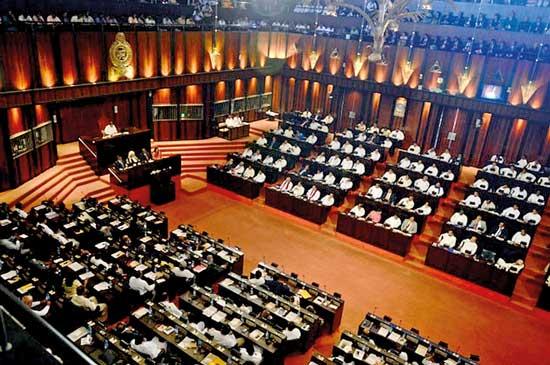
“Parliament should be re-convened” – Sumith Chaaminda
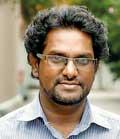
Sumith Chaaminda of the Colombo University said there was a campaign called ‘Lockdown Sri Lanka’, which aimed to lock down the entire country or parts of it vulnerable to the virus spread. He said this campaign ignored the many people who depended on the informal sector for survival. “Proper social security measures should be in place to avoid any socio-economic crisis if the entire country or certain parts come under a lockdown,” he said.
He added parliament should be re-convened while noting that the powers vested in the Executive meant it had a greater role in facing this national crisis. “If the country is locked down without reconvening parliament and without postponing the election, then power is absolutely centred on the Executive,” he said.












